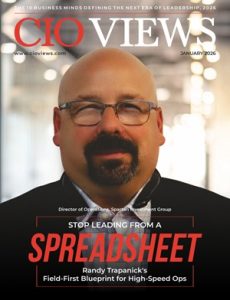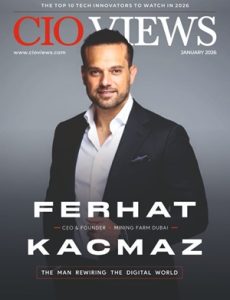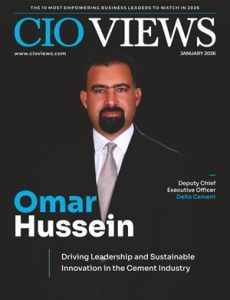When Dale Smith first reached out to discuss telling and publishing “My Success” story, I was (as usual) grateful for the airtime. It’s wonderful to give an update on what I have been up to with PixelsIO. Above all else, without having time to fully plan out a marriage, a career and a crystal-clear definition of family, I have become mother to not just one but potentially two beautiful boys.
The 2-3 sentence pitch we use for PixelsIO are as follows: Pixels.IO creates tools that will make content creation easier than before. It’s flagship technology embeds invisible codes decode-able by a camera but undetectable by the human eye in video content. Pixels.IO’s first product are 2D write-able cardboard pads which may be folded up into a 3D cube resembling a wooden block.
The big idea is to develop content for collapsible cardboard blocks analogous to traditional solid wooden blocks for kids. The first versions are laser cut and hand-bound together. PixelsIO is interested in cooking up fresh content that fulfills its mission statement of delivering tools that help people connect with one another in the physical world. When I first started PIO in 2012 as a newly minted graduate student, I was quite oblivious to many of the real problems in the world. Still, as a highly-educated female busting her butt performing for the coveted “Perfect Ten”, I was automatically positioned to do something different once graduating from the school arena. Measuring in at 5’2″ 140lb, I’ve determined that cutting and folding these blank blocks is the path to greater success with PixelsIO.
You will soon be able to grab one of these pads for $7 at http://pixels.io. We’ll mail a pad to you and you get access to content that is safe to watch with your 6 mo year-old infant and your 88 year old grandmother. If you do a quick Google search, you will find that playing with blocks has long been considered to be a great learning tool for younglings. The only problem is that in practice: they are hard to pick up, absorb a lot of drool and become guilty landfill once the child has outgrown the content on the blocks themselves.
Currently, these pads are designed in the shape of a cross: 1 block across, 3 blocks across, 1 block across and 1 block across. The pads are pre-scored at the folds. Because they are entirely flat, you can write anything you want on them before folding them up neatly into a 3D block. Grown-ups already use them for all sorts of things like dice: Daddy writes his name four times on the blocks for household tasks. Mommy writes her name twice. Baby rolls the block to determine who does the task. When everyone gets a little bit older, or the task weights should change, crush the blocks, recycle, and make some new ones.
Cultivating a marketplace for these cardboard blocks has been quite the ride. Right now, we are running a Kickstarter which tests out interest in these crafty experiences. The marketing strategy is to find the lists of consumers who are willing to support these types of endeavors and to continue providing a fun environment for both grownups and kids.
In the long run, showing the little one how to interact in the physical world when the influence of the Internet is now so heavy will prove to be a greater and greater challenge. Social Media’s influence has largely been in favor of Social Media itself. I refuse to believe that our physical world and our bodies can no longer have impact. PIO was originally founded to bring what I believe to be seminal work into the public eye. Initially funded by the National Science Foundation, the core work focused on specific techniques for exploiting how the eye sees differently from the machine camera. The range of use cases included everything from public surveillance to home shopping from a display to camera.
That’s all shelved at the moment, as my personal attention returns to developing an in-person experience. Whether it be in the classroom with my students or at home with my children, my focus is to protect and cherish great content so that we can close the time gap that we are currently in and continue to grow for generations to come.
Grace Woo is the founder of Pixels.IO. She teaches part-time at City College of San Francisco and is a new mother at home. Much of her work has been high-profile and featured in popular news outlets including PBS, BBC and Elle Magazine. You can participate in the ongoing Kickstarter here: https://www.kickstarter.com/ and lookout for those upcoming block pads at http://pixels.io.




